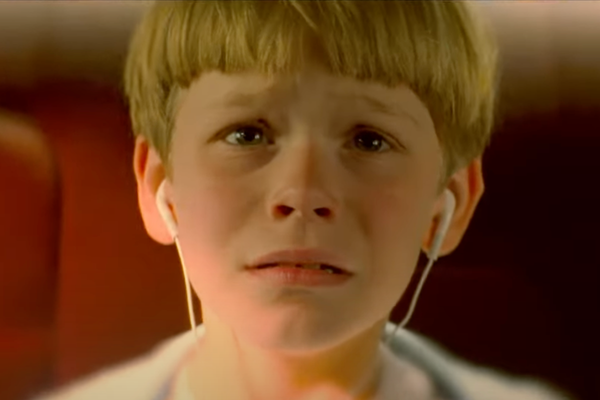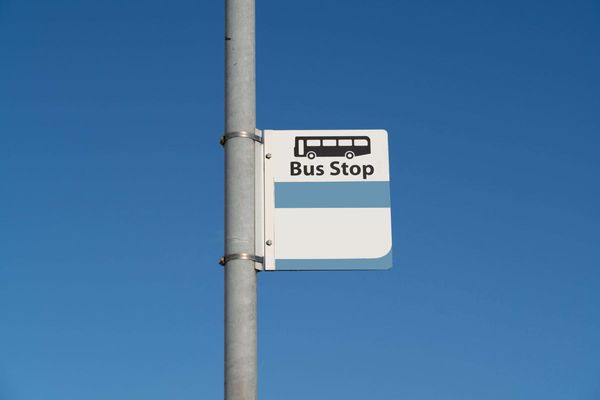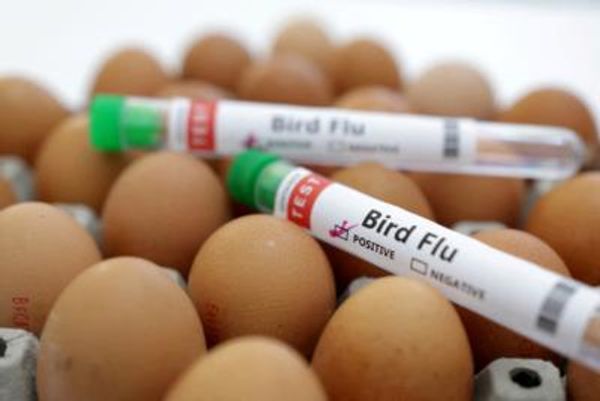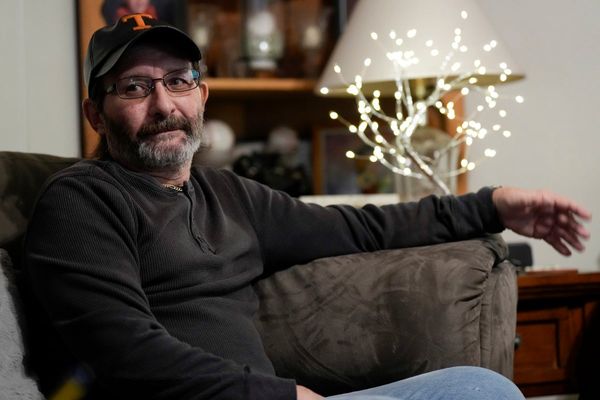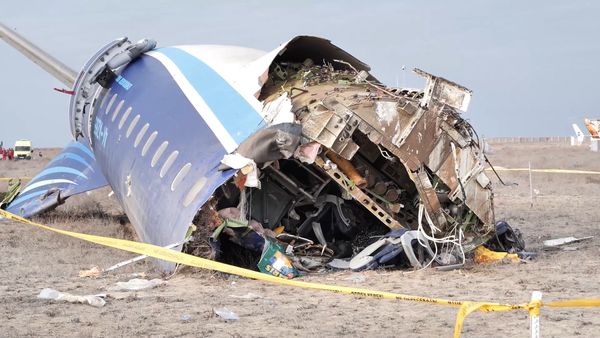Federal Aviation Administration chief Steve Dickson told staff late Wednesday that he is resigning after just over two-and-a-half years in the post for family reasons.
Citing "mixed emotions and a heavy heart," the FAA administrator said the decision was difficult.
"Over the past several years, my family has been a source of tremendous encouragement, strength and support," Dickson, 64, wrote in a memo to staff. "Nevertheless, after sometimes long and unavoidable periods of separation from my loved ones during the pandemic, it is time to devote my full time and attention to them. As I wrote in my letter to President Biden, it is time to go home."
Dickson has been living in D.C. during most of the pandemic, apart from his family, including a new grandson, in Georgia and Florida. He made the decision to resign over the Christmas holiday and told the U.S. Department of Transportation last month, said a person familiar with the details.
Appointed FAA administrator in August 2019 after the two Boeing 737 MAX crashes, Dickson has had to steer the agency through a storm of criticism over the agency's failures in oversight during certification of that jet.
Early in his tenure, Boeing prodded the agency with repeated public statements claiming the FAA would soon approve the MAX's return to service. In November 2019, Dickson pushed back by making public a video in which he spoke directly to the FAA safety engineers evaluating Boeing's fix.
"I know there's a lot of pressure to return this aircraft to service quickly," Dickson said in the video. "But I want you to know that I want you to take the time you need and focus solely on safety. I've got your back."
His public rebuke the following month of Boeing's then-CEO Dennis Muilenburg for appearing to pressure the FAA on the return to service led directly to the Boeing board's loss of confidence in Muilenburg and his firing later that month.
Nevertheless, Dickson has endured tough criticism from senior members of Congress.
Last week, U.S. House Transportation Committee Chair Rep. Peter DeFazio, D-Ore., and Aviation Subcommittee Chair Rep. Rick Larsen, D-Everett, complained to the Department of Transportation inspector general about what they considered "a disappointing response" from Dickson to their concerns about lack of FAA action to hold Boeing accountable for the MAX failures.
In November he was aggressively grilled in a U.S. Senate hearing and forced to defend his agency against charges that it's been too slow to implement aviation safety reforms and fix its oversight of Boeing.
And internally, some front-line FAA safety engineers have wanted more housecleaning as a result of the MAX oversight failures.
One such engineer, who asked for anonymity out of fear for his job, said Dickson's failure to penalize FAA managers who had pressured staff to speed up the certification of the MAX showed a "lack of leadership."
And yet, over the past year, Boeing has certainly experienced much more rigorous scrutiny from the FAA than in the past.
On Tuesday, the agency told Boeing that, when it finally approves resumption of deliveries of the 787 Dreamliner, the agency will perform final inspections itself on every airplane.
The FAA is withholding authority from Boeing to give final approval to fly because of the rash of quality problems afflicting the 787 manufacturing process.
That was just the latest in a series of moves to tighten oversight of Boeing.
In May, the FAA denied Boeing permission to move forward with a key step in certifying its forthcoming 777X airplane until it provides more data and testing. The certification of the 777X is stretching to four years, when just over one year was typical on previous jet programs.
In August, the FAA insisted on conducting an independent survey of the engineers within Boeing who do certification work for the FAA over concern about pressure from Boeing management.
And in November, the FAA complained to Boeing that some of the engineers it had appointed to oversee airplane certification work on behalf of the agency lacked the required technical expertise.
In his departure note to staff, Dickson claimed substantial progress on safety reform.
"Together, we have done the hard work to reinvigorate our safety culture," the memo said. "We've built a stronger, more collaborative, inclusive and open culture within the agency. I believe we are stronger than ever."
"The agency is in a better place than it was two years ago, and we are positioned for great success," Dickson added.
Dickson is a graduate of the U.S. Air Force Academy and the Georgia State University College of Law. In the Air Force, he flew the T-38 Talon supersonic jet trainer and F-15 Eagle fighter jet.
After the military, he spent nearly three decades at Delta Air Lines, retiring as the senior vice president of flight operations.
In a statement, Transportation Secretary Pete Buttigieg said Dickson has been "the FAA's steady and skilled captain."
"His tenure has been marked by steadfast commitment to the FAA's safety mission," Buttigieg said. "While all of us at USDOT will miss Steve as a leader and as a colleague, we are very happy for him and his wife, Janice."
